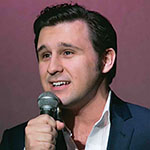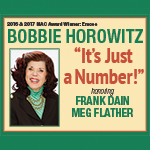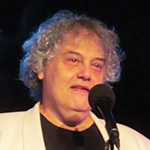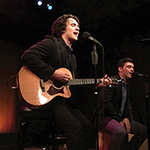Harvey Schmidt
Merry Christmas 1975
(Harbinger Records/Musical Theater Project)
January 2, 2021
Reviewed by Joel Benjamin
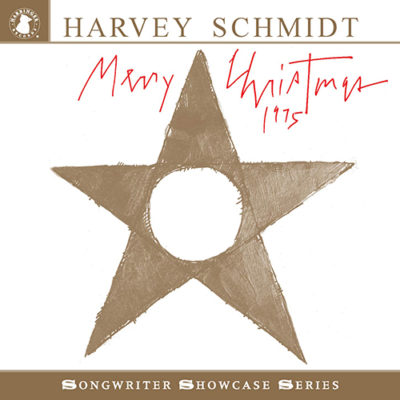
The name Harvey Schmidt conjures memories of the wonderful musicals for which he provided the memorable melodies to Tom Jones’ delightful words: The Fantasticks, I Do! I Do!, 110 in the Shade, and Celebration.
Rarely has he been considered a consummate cabaret artist, a situation that Harvey Schmidt: Merry Christmas 1975, newly re-released by Harbinger Records, posthumously reveals.
As the 11 selections and medleys prove, Schmidt was a lover and connoisseur of musical theater. Ironically, he chose not to include any of his own songs, a loss leavened by his devotion to the numbers he did embrace with his keyboard artistry.
Schmidt eased into his well-chosen program with a light-hearted take on “I Feel a Song Coming On” (Jimmy McHugh/Dorothy Fields/George Oppenheimer). This was a promise he kept, beginning with an idyllic, slightly meandering “Yesterdays” (Jerome Kern/Otto Harbach) and on to the final number, a tender “Have Yourself a Merry Little Christmas” (Hugh Martin), a song with more than a soupçon of the bittersweet to persuade the listener that this was, indeed, a Christmas album.
His jazz-inflected “Looking for a Boy” (the Gershwins) is followed by “You Are Beautiful” (Rodgers & Hammerstein) to which he added odd Asian flourishes that even Richards Rodgers hadn’t thought of! His casually bouncy “My Favorite Things” (Rodgers & Hammerstein) made this chestnut relatable to those tired of its saccharine origins.
His “Judy Garland/Mickey Rooney Medley” is a musical stroll through four of their films and includes a lovely “Our Love Affair” (Arthur Freed/Roger Edens) with witty references to “I Got Rhythm” (the Gershwins). Similarly, “A Chorine Medley” touches upon the title songs from the Gershwins’ Oh, Kay! and the film Broadway Melody (Arthur Freed/Nacio Herb Brown). “Bring on the Beautiful Girls” (Edens) from the MGM spectacular Ziegfeld Follies completes the medley.
“Lucky Day” (Ray Henderson/H.G. DeSylva/Lew Brown) and “No More Waiting” (Richard Rodgers), will please theater buffs interested in rarities. Schmidt’s interpretations may attract new attention to these songs.
Harvey Schmidt’s playing throughout has a casual quality belying both his superb technique and his sssly interpretations of these mostly well-known numbers. This album is wonderful evidence of one more facet of his talent and is charming from beginning to end.


